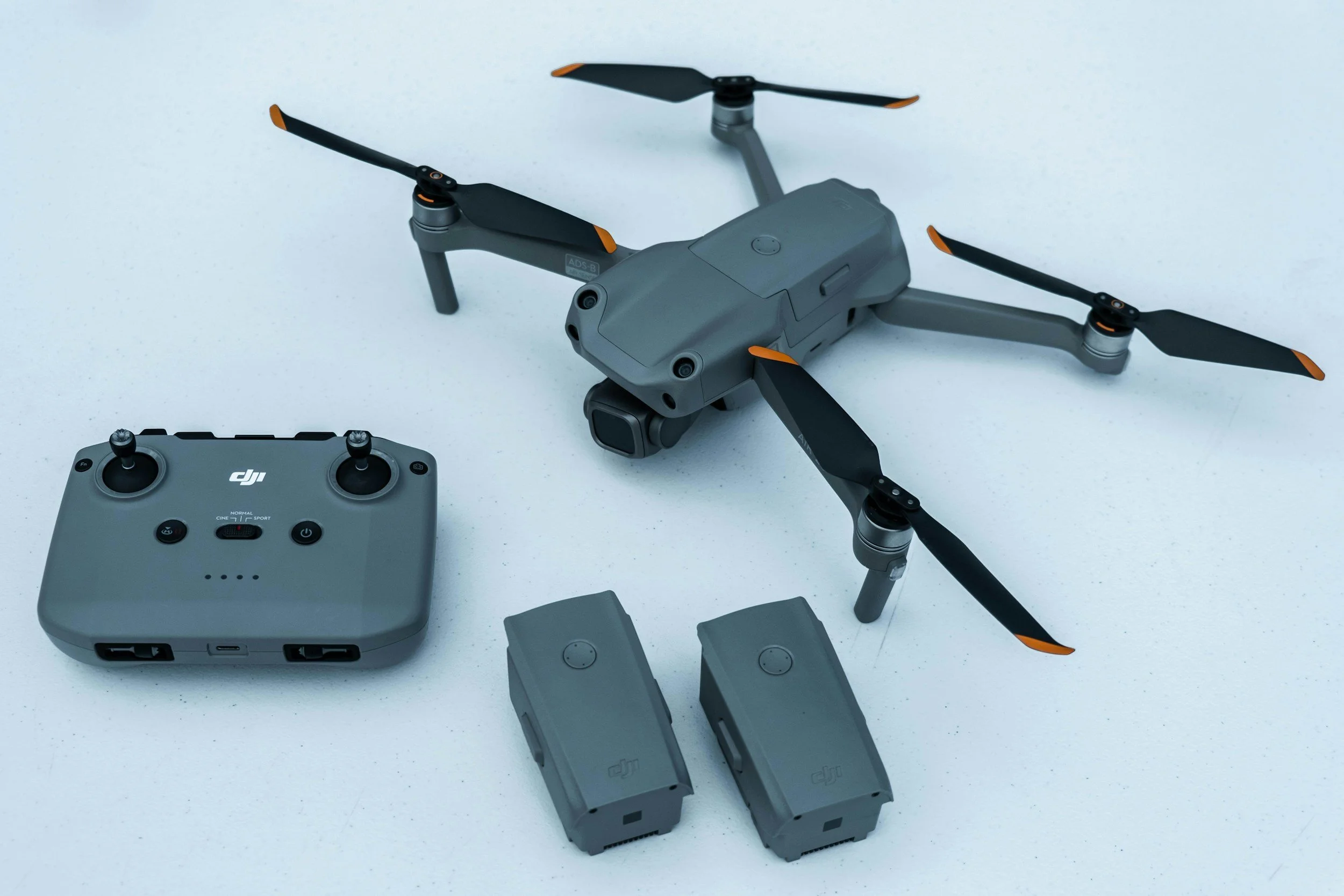U.S. Army Partners with BigBear.ai, Hardy Dynamics to Advance AI Drone Swarm Technology

Image Credit: Justin Cron | Splash
BigBear.ai, a U.S.-based artificial intelligence software firm, and Hardy Dynamics, a defense technology company, have joined the U.S. Army’s Project Linchpin to advance AI-driven drone swarm capabilities. The partnership, announced on May 6, 2025, aims to develop secure communication and coordination systems for unmanned aerial systems (UAS) operating in contested military environments.
AI-Enabled Drone Swarm Integration
Project Linchpin, overseen by the Army’s Program Executive Office for Intelligence, Electronic Warfare and Sensors, is a Department of Defense (DoD) initiative focused on integrating artificial intelligence into military decision-making. Under a Direct-to-Phase II Small Business Innovation Research contract, Hardy Dynamics leads the project with BigBear.ai providing its ConductorOS platform as a subcontractor.
ConductorOS is designed to enable autonomous drones to collaborate and adapt in real-time to challenges such as GPS jamming and signal interference. The technology is scheduled for field testing at Exercise Talisman Sabre 2025, a multinational defense exercise hosted in Australia involving the United States, Australia, and the United Kingdom as part of the AUKUS partnership, as well as additional allied forces. This year’s exercise is expected to bring together over 30,000 personnel from 23 participating nations.
Strategic Objectives and Defense Initiatives
The deployment of AI-powered drone swarms is intended to enhance the U.S. military’s capacity for reconnaissance, surveillance, and other operational tasks with reduced reliance on constant human input. Such systems are considered critical for maintaining operational effectiveness in environments where electronic warfare and communications disruption are prevalent.
Project Linchpin aligns with the Pentagon’s Replicator initiative, which seeks to deploy thousands of autonomous, cost-effective drones by August 2025. The program addresses the need for scalable and secure systems as the U.S. military increases investment in unmanned and autonomous technologies.
Company Roles and Financial Performance
BigBear.ai, headquartered in McLean, Virginia, specializes in AI-driven solutions for national security applications. The company reported revenue of US$34.8 million for the first quarter of 2025, up 5% year-on-year, and a net loss of US$62 million, compared with a net loss of US$127.8 million in the same period last year. The company’s funded backlog declined during the quarter, highlighting ongoing financial challenges. Hardy Dynamics contributes expertise in AI and robotics for defense operations.
Challenges and Ethical Considerations
Developing secure AI systems for defense use remains complex, particularly with respect to cybersecurity threats such as hacking and electronic warfare. The deployment of autonomous drones capable of independent operation raises ongoing ethical and legal questions, especially regarding accountability in the use of lethal force. The Department of Defense has stated that all use of AI in weapons systems will remain subject to human oversight and established protocols.
Global Context
Advancements in military AI reflect broader trends in global defense, with the United States and China leading research and development efforts in autonomous systems. Recent conflicts, including the Ukraine war, have underscored the tactical significance of drone swarms. Deputy Defense Secretary Kathleen Hicks announced plans to allocate approximately US$1 billion to the program over fiscal years 2024 and 2025, with US$500 million earmarked for each year. Separately, BigBear.ai has been awarded contracts to modernize force management systems and deliver prototypes for geopolitical risk analysis for the DoD.
Source: BigBear, Panabee, Yahoo! Finance, Finviz, Nasdaq
We are a leading AI-focused digital news platform, combining AI-generated reporting with human editorial oversight. By aggregating and synthesizing the latest developments in AI — spanning innovation, technology, ethics, policy and business — we deliver timely, accurate and thought-provoking content.


































